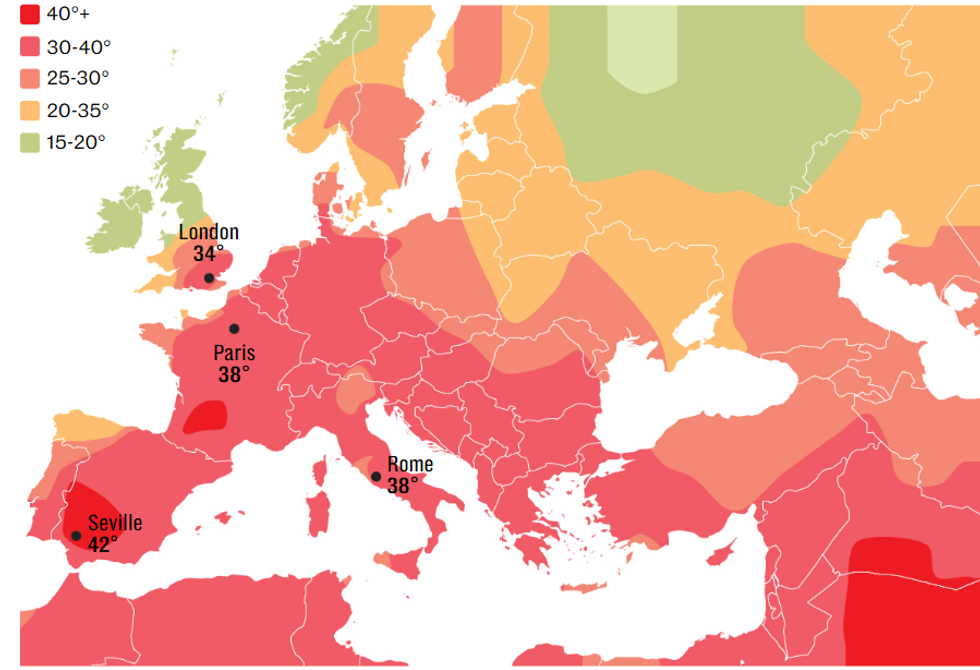Two foreign trawlers packed with over $33 million worth of heroin and crystal methamphetamine were seized in Sri Lanka's biggest-ever drugs bust at sea, a navy spokesman said on Thursday (5).
Troops found 400 kilogrammes (about 880 pounds) of heroin and 100 kilogrammes (about 220 pounds) of the drug "ice" on board the two vessels, spokesman Isuru Sooriyabandara said.
The street value of the seized narcotics was estimated by officials to be 6,000 million rupees ($33.5 million).
The vessels, as well as a Sri Lankan fishing boat, were Thursday escorted to a harbour near the capital Colombo.
Sixteen foreign crew and five Sri Lankan crewmen were detained for questioning, Sooriyabandara added. The nationalities of the foreigners were not disclosed by authorities.
"The two foreign vessels were trying to offload the drugs onto a Sri Lankan fishing boat," Sooriyabandara said.
The foreign vessels, which carried no registration, were intercepted in international waters some 1,100 kilometres (687 miles) from Sri Lanka's coast.
Sooriyabandara said investigators were checking GPS data on board the vessels to establish the route and the point of origin.
Authorities said initial investigations suggested the Iran-Pakistan coast was the point of origin.
In 2016, the navy arrested 10 Iranians, two Pakistanis and one each from India and Singapore for allegedly trying to smuggle 110 kilogrammes of heroin into the island nation via a trawler.
The country's previous largest drug haul was in December 2016 when police seized 800 kilogrammes of cocaine on a ship at Colombo's port from Saudi Arabia's King Abdullah port.
Six months earlier, authorities discovered 301 kilogrammes of cocaine inside a shipping container at Colombo.
Authorities believe the Indian Ocean island is also being used as a trafficking transit point.
















 June 2025 was England’s warmest June since records began in 1884Met Office
June 2025 was England’s warmest June since records began in 1884Met Office
